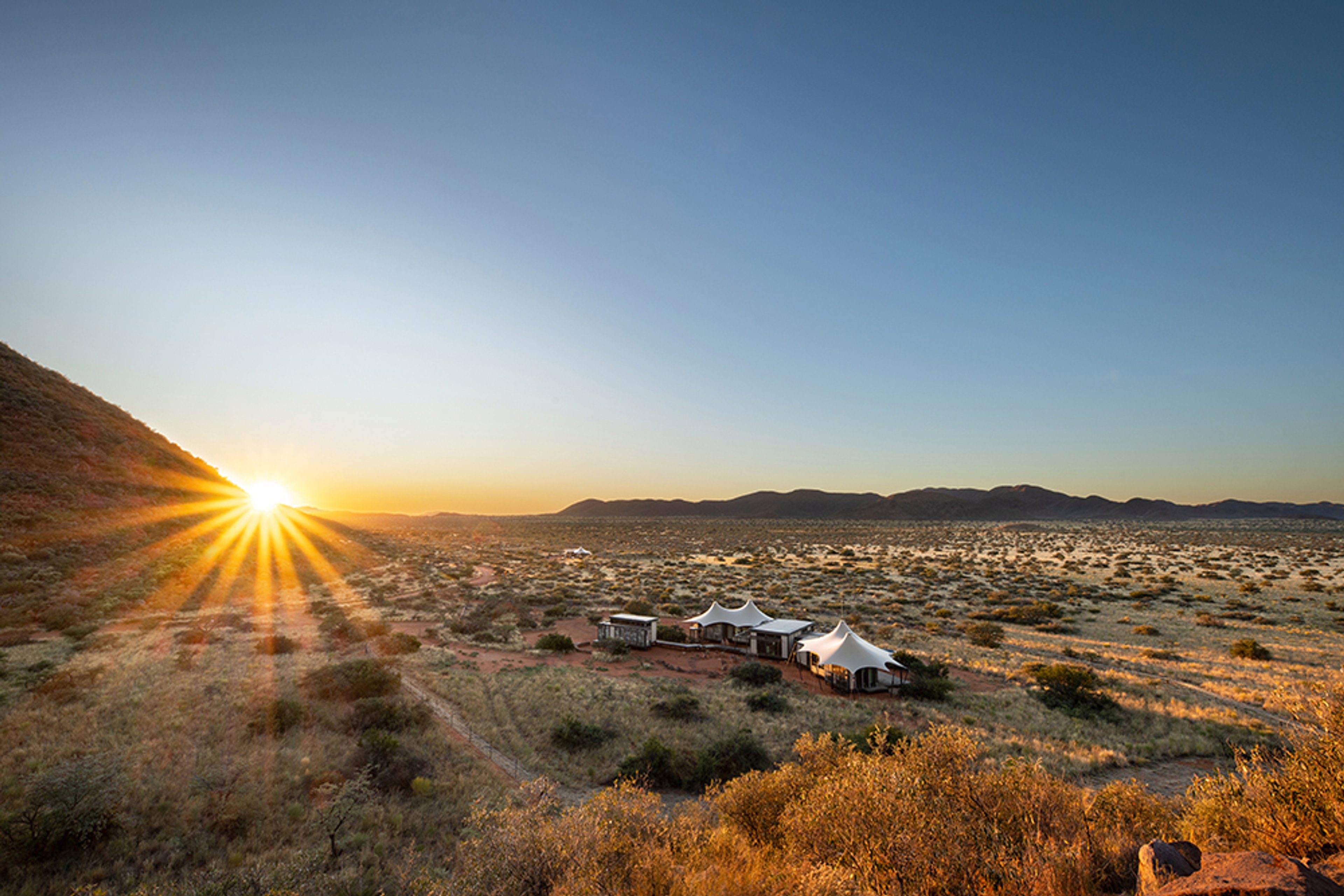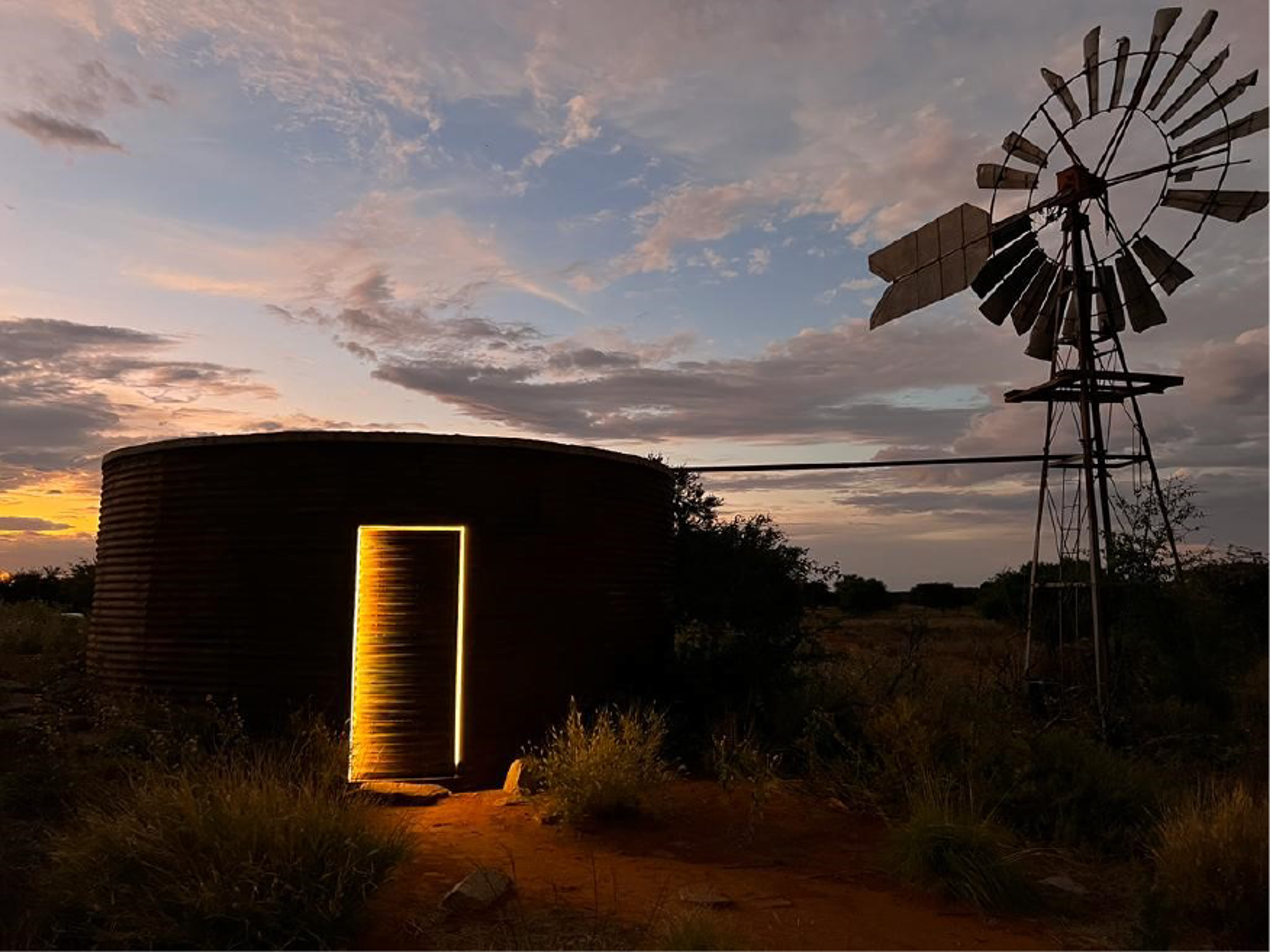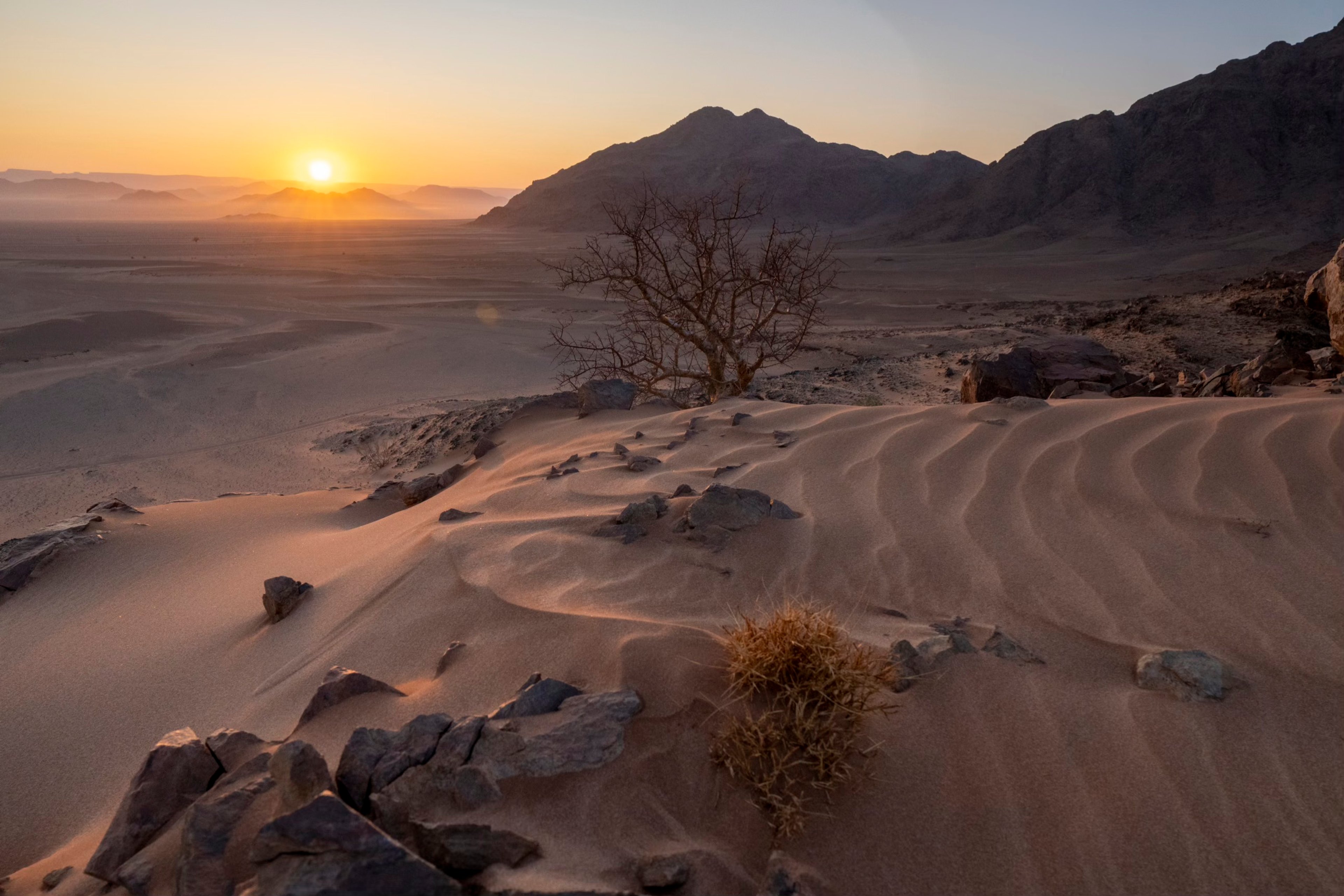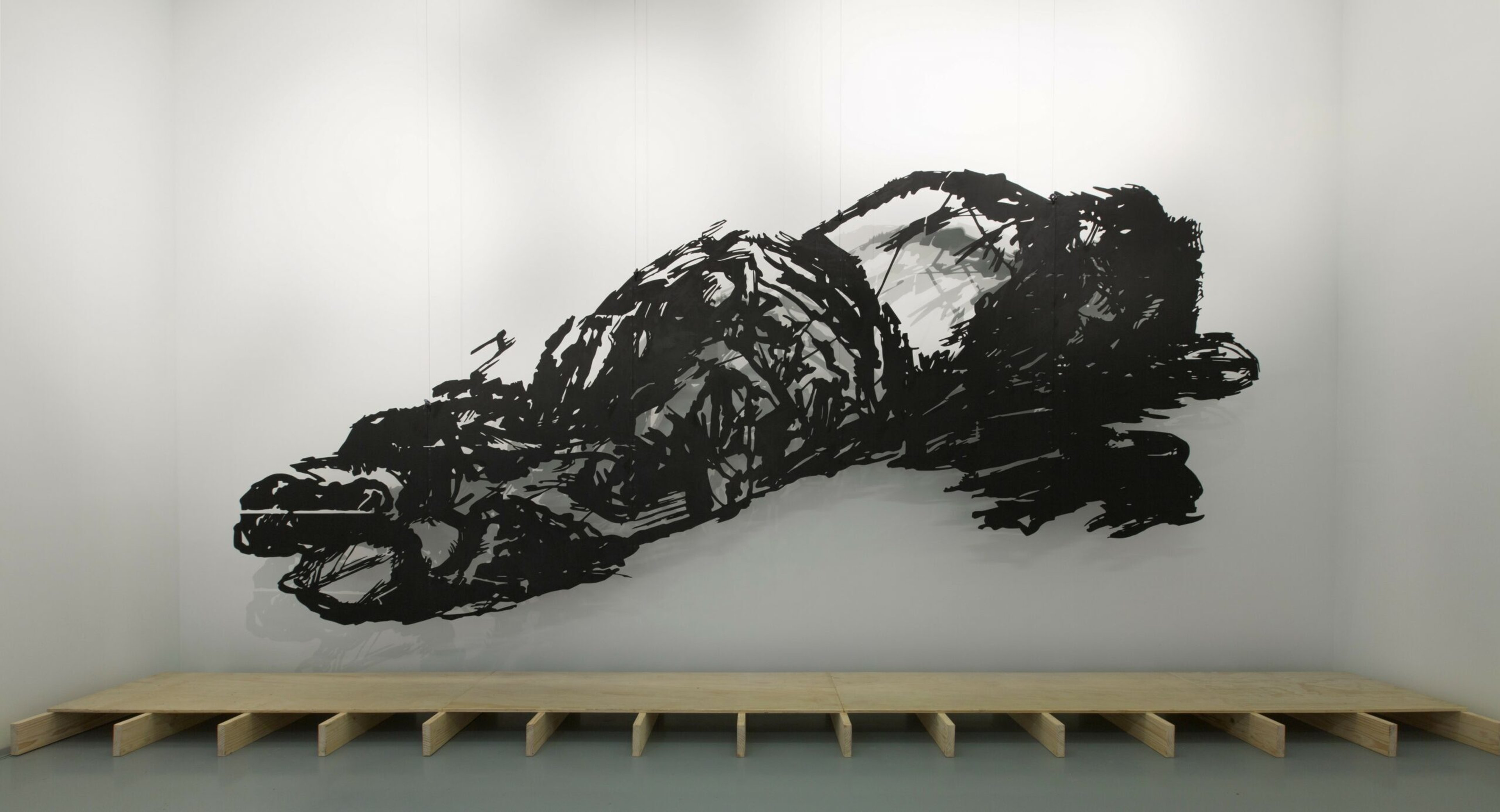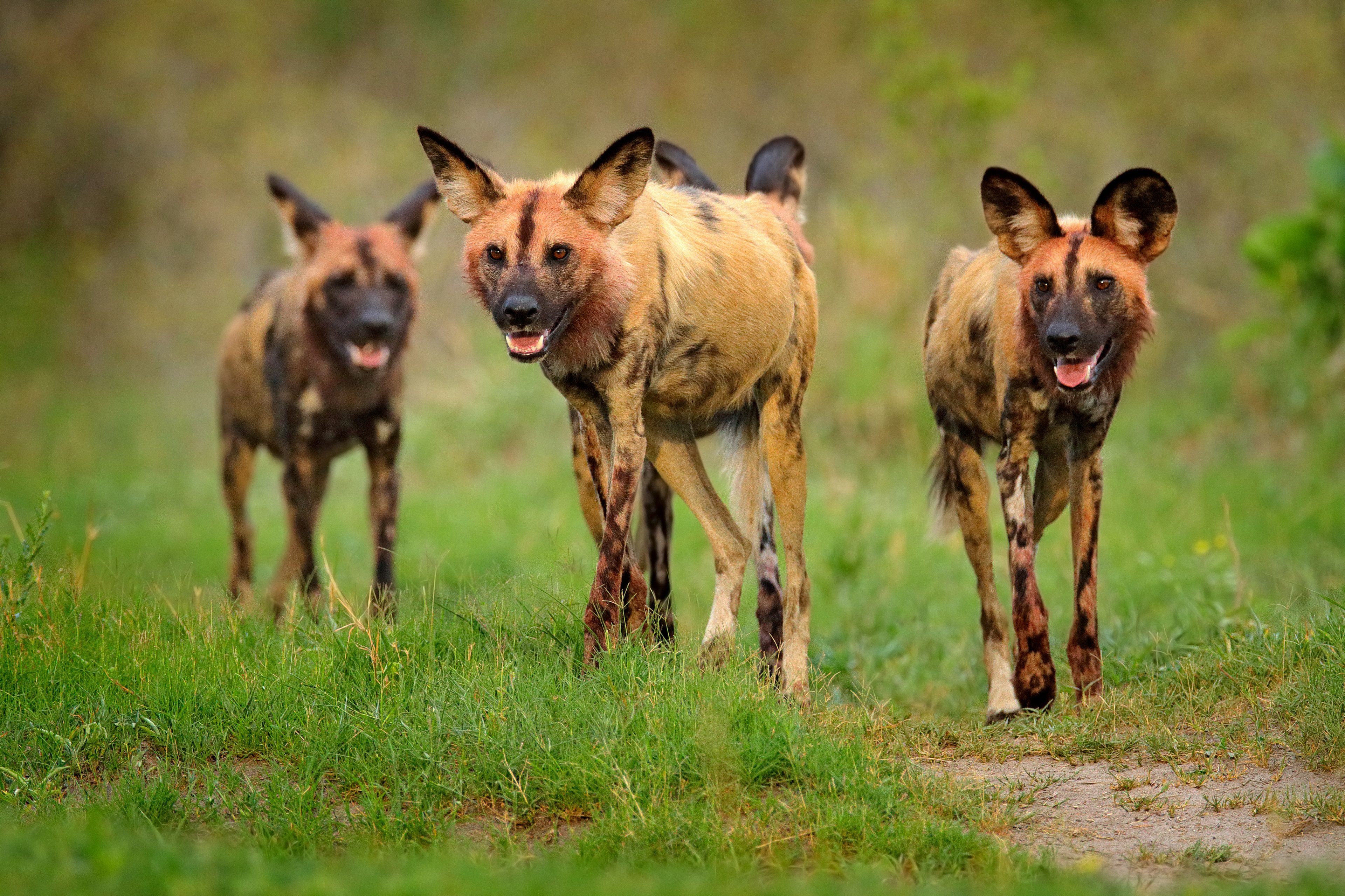“Imagine if we lost our last remaining wild spaces. Imagine the profound loneliness of spirit we would all suffer.” – Deborah Calmeyer, CEO and founder, ROAR AFRICA
Accessing the wild is a subjective experience. For many, it might mean a stroll through a city park. For others, the wild means rainforests blanketed in mist or bushveld that stretches as far as the eye can see. Ultimately, limitless nature is a faraway thing for most people living in crowded cities, viewed through a screen or imagined in a dream.
The endless, boundless wilderness I speak of is abundant in Africa – the land where we all began, the cradle of our collective humanity. Access to these vast tracts of African wilderness, unchanged for millennia, is an experience that can transform you forever. Your stress levels are lowered, your breathing slows and your nervous system responds to the soothing rhythms endemic to the wild. All these reactions reinforce ROAR AFRICA’s ethos: our bodies need nature. That feeling that washes over you when your visual field changes from screen to savannah is a sigh of pure relief.
Sharing the wilderness we treasure so deeply and the new discoveries it holds is a source of pride and joy. Nestled into the contours of the largest private reserve in South Africa, Loapi is an inimitably wild place with an inherent soulfulness and conservation-first ethos that mirrors our own. This six-tented camp is opening in July, forming the third of Tswalu’s trio of lodges, including The Motse and Tarkuni.
